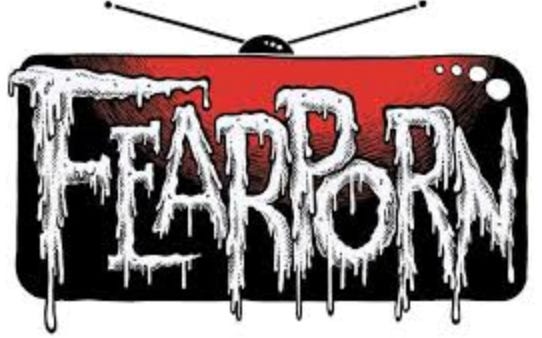PLANDEMIC II. They mentioned a case or two in Europe and now here. Monkeypox is not new, it was a known risk in people who handle "bush" meat, in the exotic animal trade, and in the US was linked to ferrets and prairie dogs. I remember an outbreak in Wisconsin a while back. (I had a friend here I used to shoot with who loved hunting prairie dogs, and I told him after he killed them not to handle them specifically because of the outbreak).. All transmission was animal to human, like brucellosis or tularemia (unless you had contact with an open gooey oozing pox). Usually only a real danger to be with otherwise poor health or very young,elderly (sound familiar?). Now they are saying there will be more human-human risk esp. gay men -> 100% this has been genetically manipulated, likely merging some parts of smallpox for gain or function, and probably another viral component.
This was the last "outbreak" I remember, a total of 72 infected, none died. What are they planning that they need millions of doses of vaccine and IV therapy?
 https://www.ncbi.nlm.nih.gov › pmc › articles › PMC7129998
https://www.ncbi.nlm.nih.gov › pmc › articles › PMC7129998
A mysterious disease was reported on May 24, 2003, when the Wisconsin Division of Public Health (DPH) received notice of a 3-year-old girl who had been hospitalized in central Wisconsin with cellulites and fever after being bitten by a prairie dog on May 13. The laboratory isolated a gram-negative bacillus, raising concerns that it might be tularemia or plague; ultimately, it was identified as an acinetobacter species and was considered to be a contaminant. Because no other such cases were reported at the time, the case was thought to be merely an isolated event. However, within two weeks, on June 2, 2003, evidence of a much wider scenario began to emerge. On that date, the Wisconsin DPH received notice from the Marshfield Laboratory that the mother of the first patient had become ill on May 26 and that electron-microscopic evidence of a poxvirus was found in a skin lesion. On that same day, another report, this time from the Milwaukee Health Department, of a strange illness was received at the DPH and described the case of a meat inspector who resided in southeastern Wisconsin and also was a distributor of exotic animals. By July 30, 2003, 72 confirmed or suspected cases of monkeypox had been reported in Wisconsin, Illinois, and Indiana and represented a large outbreak. The peak in the onset of illness occurred between May 29 and June 9, 2003, and no further cases of illness have been reported in humans since June 22, 2003. Traceback investigations from the child and other patients followed the route of introduction of monkeypox into Wisconsin to a distributor in Illinois, who had received a shipment of exotic animals imported into the United States through Texas from Ghana, West Africa.
On Wednesday, June 11, 2003, The Secretary of the United States Department of Health and Human Services, Tommy G. Thompson, announced an immediate embargo on the importation of all rodents from Africa. He also announced a ban on the distribution, sale, and transport of prairie dogs and six specific African rodent species.
1 The next day, the state of Wisconsin Department of Health and Family Services issued an emergency order regarding the prohibition of importation, sale, and/or release of prairie dogs or any mammal known to have had contact with prairies dogs since April 1, 2003








